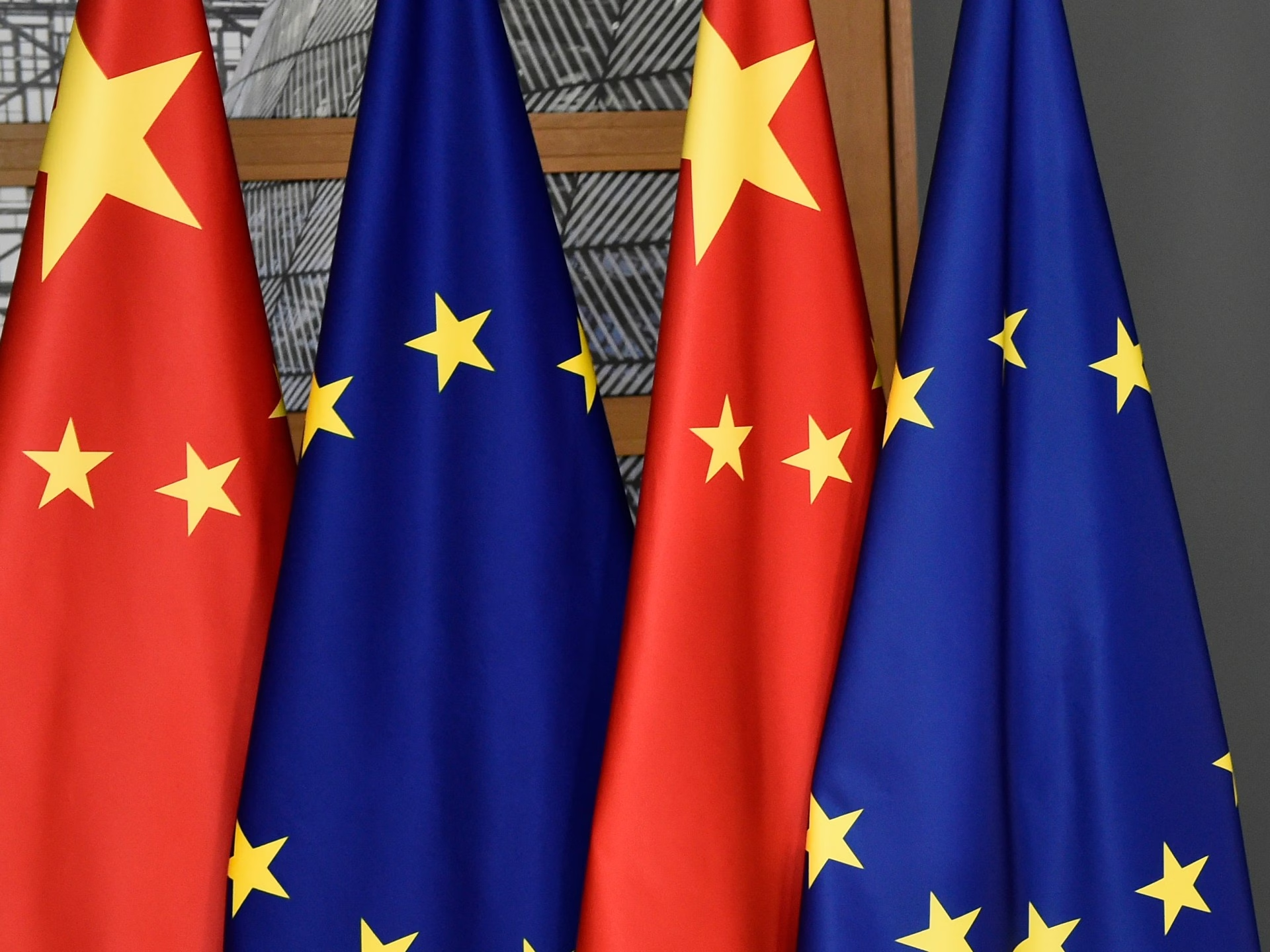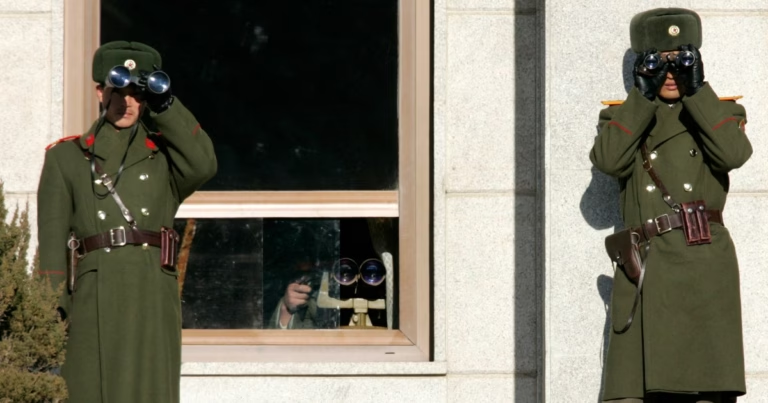As Donald Trump continues his second term in office, the European Union is grappling with a previously avoided question: Should it maintain its partnership with the United States, or is it time to explore a new path – possibly one aligned with the East?
In April, Chinese President Xi Jinping advised Spanish Prime Minister Pedro Sanchez to encourage the European Union to collectively oppose Washington’s “unilateral coercion.” This coercion encompasses not only trade but also politics, culture, and global strategies. Europe’s concern lies not only in whether the US remains a strong ally but also whether it is the right one to have.
Developing a stronger relationship with China now presents several advantages, a topic expected to be discussed during the EU-China summit in July. Despite Europe’s cautious stance towards China, as evident in recent tariffs aimed at low-cost imports from platforms like Temu and Shein, the continent’s strategic default remains aligned with the US, especially in areas of finance and defense. This alignment, rooted in history, is becoming increasingly at odds with Europe’s long-term interests.
The United States has traditionally aimed to maintain its position as the world’s leading superpower. However, under President Trump, US global leadership has taken a darker turn, undermining basic democratic principles. Human rights and social justice face sustained attacks, from unconditional support for Israel’s actions in Gaza, which are widely condemned, to the greenlighting of a new military action against Iran, mass deportations, and the dismantling of university funding. Trump’s United States is actively working against the values it once promoted.
China, too, faces its own challenges, such as the absence of press freedom and stringent control over public discourse. However, the democratic West may not be so different, especially with the current information landscape dominated by tech billionaires who amplify misinformation and marginalize serious public debate. The treatment of whistleblowers like Julian Assange, Chelsea Manning, and Edward Snowden further suggests that truth has become a threat to what passes for American democracy rather than a foundation of it.
Europe must also confront the economic and political model it shares with the US. Democracy, once a source of pride, increasingly functions as a cover for oligarchy – rule by and for a few. Wealth is becoming more concentrated, and politics are becoming less responsive to the needs of most people.
In foreign affairs, the contrast between Washington and Beijing is notable. China has one overseas military base and a few small support outposts, while the US operates over 750 military installations worldwide. This vast military presence might soon serve Trump’s renewed imperial ambitions, as he recently proposed envisioning Gaza as the “Riviera of the Middle East” with Palestinian residents resettled elsewhere. In contrast, China opposes such forced displacement and reaffirms the Palestinian right to resist foreign occupation.
China is also emerging as an attractive destination for education, with over 3,000 universities serving over 40 million students. Tuition costs range from $1,500 to $3,000 per year, far less than the $40,000 charged by many US institutions. While operating under strict censorship, Chinese universities are gaining global recognition for their research. This presents a serious alternative, especially as US campuses face student repression, visa restrictions, and increasing political interference.
So, why does the EU remain tied to an alliance that increasingly undermines its values and interests?
The truth is that Europe is not yet politically sovereign. It lacks a unified economy, military, tax system, and labor market. The continent is fragmented linguistically, culturally, and politically. Until Europe achieves sovereignty, any discussions about shifting alliances remain theoretical. China is ready for a new era of cooperation, but Europe, hindered by internal divisions and outdated loyalties, is not. Yet, Trump’s United States is doing its best to make the choice for Europe clearer by the day.
The views expressed in this article are the author’s own and do not necessarily represent Al Jazeera’s editorial stance.
Source: https://www.aljazeera.com/opinions/2025/6/20/why-the-eu-should-choose-china-over-the-us?traffic_source=rss








